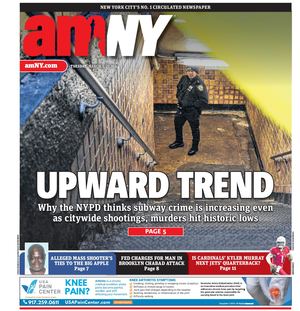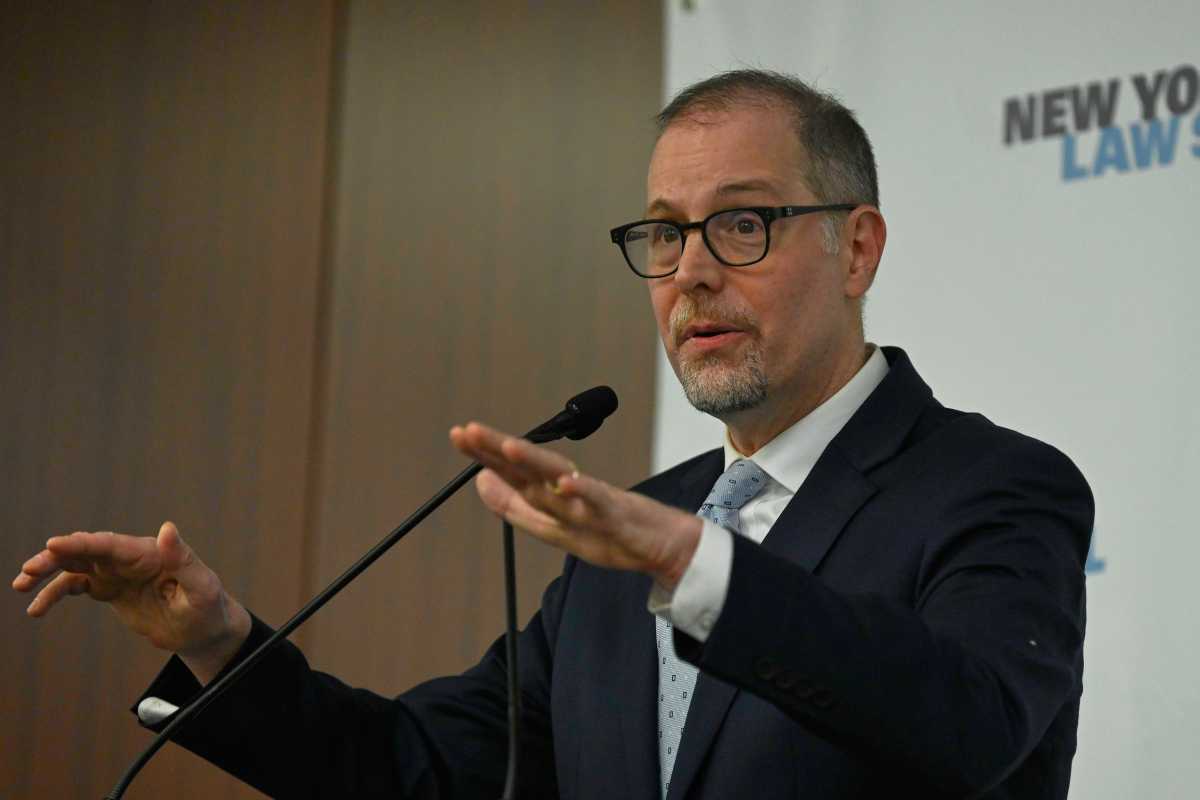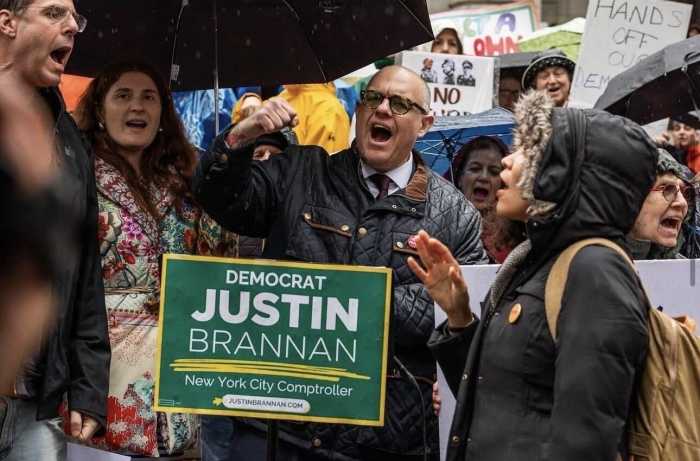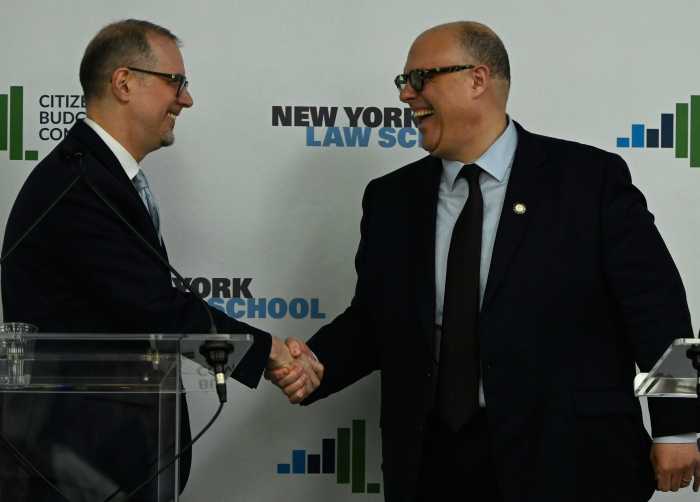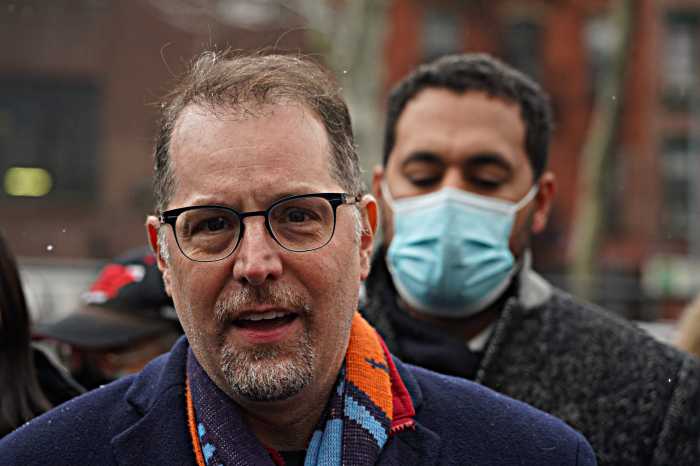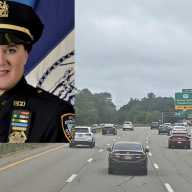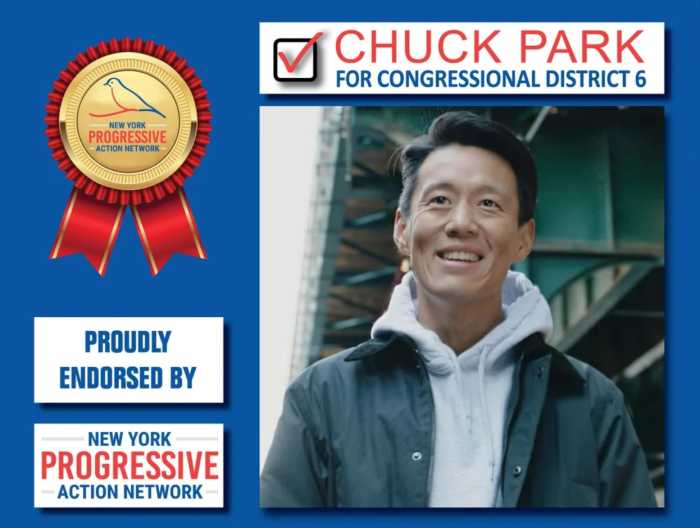City Comptroller candidate Mark Levine plans, if elected, to boost financial literacy across the five boroughs by providing New Yorkers with access to bank accounts and teaching them how to better save and manage money from an early age, amNewYork has learned.
Levine, who currently serves as Manhattan borough president, is pitching a three-pronged plan — a copy of which was shared with amNewYork ahead of its release — to address the relatively high number of households in the city that do not have access to a bank account or vital knowledge of how to manage their money.
The Manhattan beep’s proposal promises to teach financial skills to public school students beginning in fifth grade, provide both students and Summer Youth Employment Program participants with bank accounts, and launch a dedicated financial literacy unit within the comptroller’s office.
“I founded a community credit union in Washington Heights because I saw how many families were being shut out of the banking system,” Levine said. “Financial literacy must be central to our work to empower New Yorkers, and whether you’re a young student, teenager or adult, the Comptroller’s office can play a key role in addressing these problems. As Comptroller, I want to help every New Yorker get access to banking and the tools they need to succeed in our economy.”
Levine is in a competitive race against City Council Member Justin Brannan (D-Brooklyn) to be the city’s next chief bean counter after current Comptroller Brad Lander decided to run for mayor instead of seeking re-election last year. He is the current frontrunner, according to a poll conducted by the Honan Strategy Group last month, but 60% of voters surveyed were still undecided.
According to city data cited in the plan, nearly 1 in 10 (or 9.4%) of city households fell into this category—known as being “unbanked”—in 2021, more than twice the national average of 4.5% at the time. That reality leaves tens of thousands of New Yorkers relying on far more “predatory” ways of managing their money, including check cashers and payday lenders, which can charge high fees and interest rates.
Levine’s team also cited a survey conducted in 2021 that revealed that 1 in 10 New Yorkers lost $10,000 due to a lack of financial literacy.
Levine’s plan proposes providing every public school fifth grader with access to a no-minimum bank account through a local credit union or community bank. The accounts would be paired with a new financial literacy curriculum that teaches students how to save, budget, and manage their money.
“It’s a simple idea that can plant the seeds for a lifetime of financial empowerment,” the plan reads.
The comptroller hopeful is also pitching bank accounts for every young person who participates in the Summer Youth Employment program — a city-run summer career initiative for those aged 14 to 24.
Furthermore, Levine is pledging to establish a “Financial Literacy, Education, and Empowerment Unit” within the comptroller’s office. The dedicated group would work to educate communities on financial literacy and conduct research on what methods are and are not working.
“The unit will build tools to help New Yorkers understand credit scores, avoid hidden fees, access public benefits, budget effectively, and thrive in the gig economy,” the plan reads.
